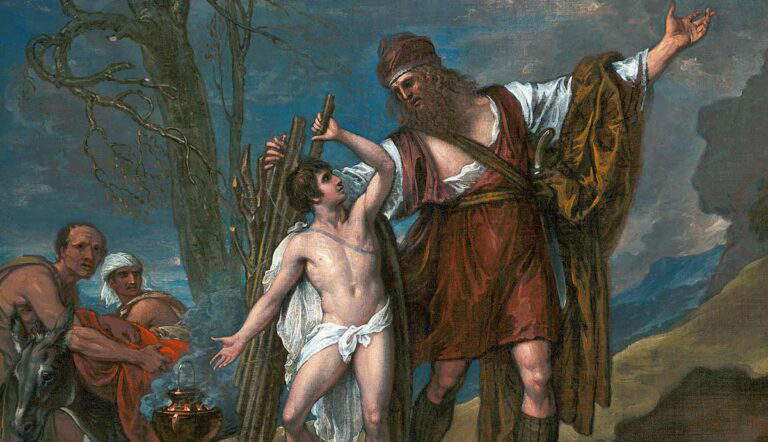- Ancient History
- History
- Medieval History
- American History
- Latin and South American History
- European History
- World History
- Art and Artists
- Renaissance Art
- 17th-19th Century Art
- Modern and Contemporary Art
- Artists
- Ancient and Modern Philosophy
- Travel and Culture
- Interviews
- Religion
- Answers
- Stories
- Collecting Art
- Film and Cinematic Artistry
- News
- Free Historical Maps and Infographics
We connect people with knowledge to people who want answers. Here are some Q&As, fun facts, and short stories.
History’s biggest war snagged Italy on June 10, 1940. Though strong on the surface, Italy faced a host of issues that handicapped Mussolini’s ambitions of a new Roman Empire.
Søren Kierkegaard is among the most distinguished philosophers in history.
The Silk Road was a network of trade routes that spanned the Asian, North African, and European continents between 130 BCE and 1453 CE.
The late 13th-century Mongol juggernaut reigned as the world’s unyielding force. Yet Imperial Japan remained beyond reach, defeating Kublai Khan’s forces twice in 1274 and 1281.
Niels Bohr’s principle of complementarity is a foundational concept in quantum mechanics and the cornerstone of his broader philosophical outlook.
Dance movement therapy incorporates dance and movements into the healing journey. We explore how it started, how it works, and whether or not it is effective.
Sicily was a key point for trade during the 11th century, earning it the moniker as the ‘crossroads of the Mediterranean’.
Though biblical law forbids it, human sacrifice occurs in several places in the Hebrew Bible. Sometimes the narrator condemns it; other times it escapes judgment.











